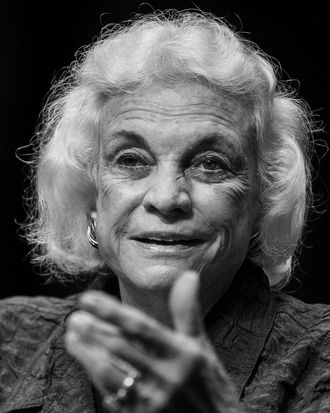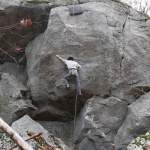
Sandra Day O’Connor, the first woman to serve on the U.S. Supreme Court, died on December 1 following complications from advanced dementia, the Court announced. She was 93.
O’Connor was a state legislator and a judge in Arizona before being appointed to the bench by President Ronald Reagan in 1981. Though she joined the Court as a conservative, she often found herself voting as a centrist. She was a crucial vote in cases including Planned Parenthood of Southeastern Pennsylvania v. Casey, which reaffirmed the constitutional right to abortion while allowing for further restrictions on the procedure; Lawrence v. Texas, which eliminated a Texas law banning sodomy; and Grutter v. Bollinger, which upheld affirmative action in higher education. She also sided with President George Bush in Bush v. Gore, a decision that she’d later publicly voice doubts about, and pushed for states’ rights in several cases.
O’Day retired in 2005 and was succeeded by Justice Samuel Alito, who in 2022 wrote the majority opinion in Dobbs v. Jackson Women’s Health Organization that ended the constitutional right to abortion. O’Connor’s opinion in Casey, Alito wrote, had “enflamed debate and deepened division.” O’Connor was critical of the Court’s rightward lurch after retiring. “Everything I stood for is being undone,” she reportedly said to a friend, according to her biographer, Evan Thomas, who captured her legacy in the 2019 book First.
O’Connor was the sole woman on the Court until 1993, when President Bill Clinton nominated the late Ruth Bader Ginsburg to the bench. Today, four women serve as justices. O’Connor once noted she was stunned by the impact of her nomination: “I had no idea when I was appointed how much it would mean to many people around the country,” she said. “It affected them in a very personal way. People saw it as a signal that there are virtually unlimited opportunities for women. It’s important to parents for their daughters, and to daughters for themselves.”
In 2018, O’Connor announced that she was battling dementia and would exit the public stage. She is survived by her three sons, six grandchildren, and brother.





